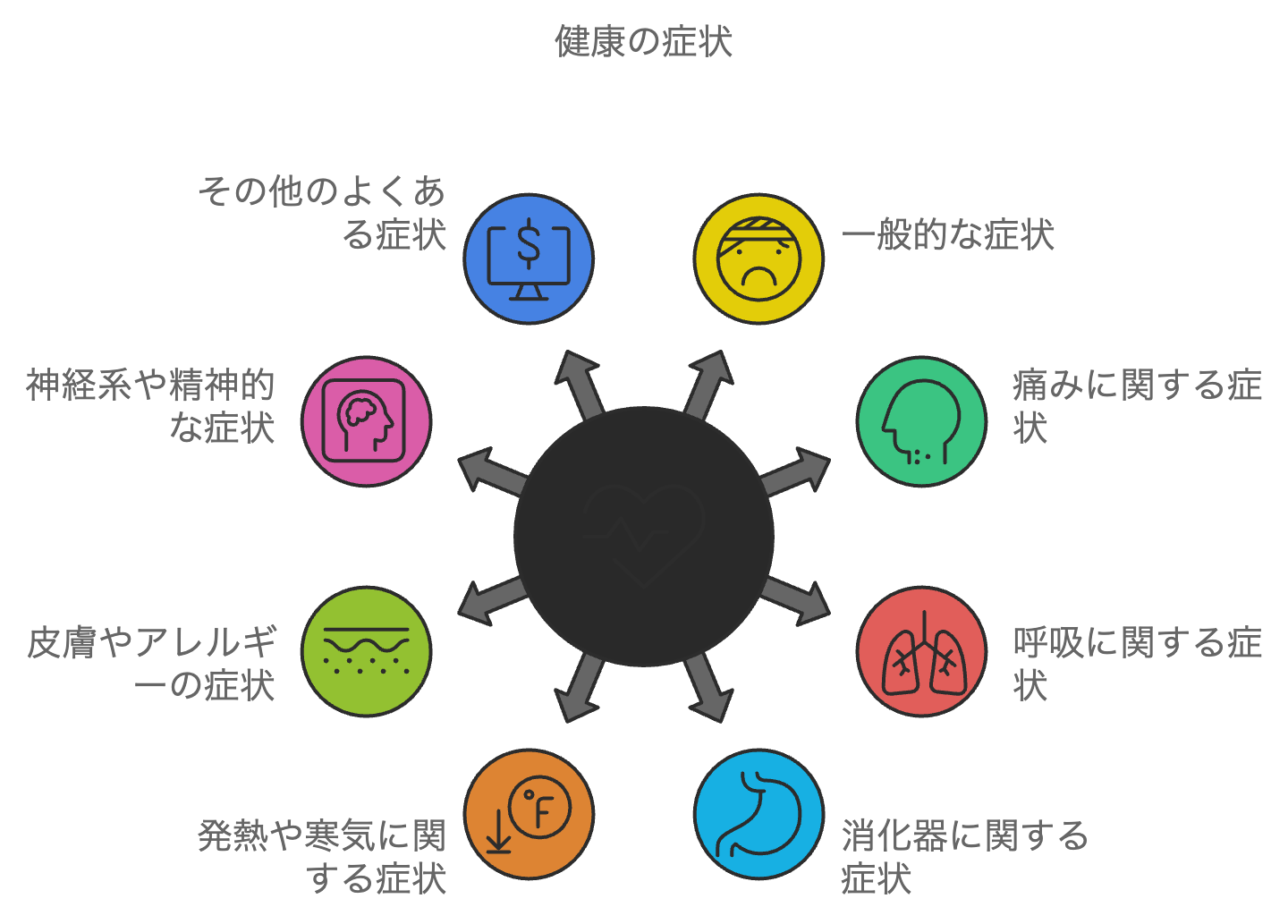神経内科における認知機能低下(アルツハイマー病・レビー小体型認知症)の診察に関する英語フレーズと会話例
神経内科では、アルツハイマー病(Alzheimer’s Disease)やレビー小体型認知症(Lewy Body Dementia, LBD)といった認知機能低下を伴う疾患の診察が行われます。これらの疾患は、徐々に進行する認知機能の障害が特徴であり、早期診断と適切なケアが重要です。
この記事では、認知機能低下の患者との典型的な診察を想定し、実際の会話例と重要なフレーズを学べる内容にします。
患者の設定
- 名前: Hiroshi Tanaka (72歳、男性)
- 職業: 退職済み
- 主な症状: 物忘れが増え、最近では日常的なタスクを忘れることが多い。家族によると、言動が不自然であることが増えている。
- 既往歴: 高血圧、軽度の糖尿病
- 生活習慣: 散歩が趣味だが、最近は頻度が減少
診察の流れと会話例
1. 初診での問診と症状の確認
Doctor: “Good afternoon, Mr. Tanaka. I understand you’ve been having some memory issues recently. Can you tell me more about that?”
日本語訳: 「こんにちは、田中さん。最近、物忘れの問題があるとお聞きしました。もう少し詳しく教えていただけますか?」
Patient: “Yes, I’ve noticed that I forget things more often. I sometimes can’t remember where I put things, and recently, I even forgot how to get to a familiar place.”
日本語訳: 「はい、最近、物忘れが多くなっているんです。物をどこに置いたか忘れてしまったり、慣れている道がわからなくなったりします。」
Doctor: “I see. How long have you been experiencing these memory lapses? And have you noticed any changes in your daily routine or difficulty with familiar tasks?”
日本語訳: 「なるほど。こういった物忘れはどれくらい前から感じていますか?また、日常のルーチンや慣れた作業の難しさも感じていますか?」
Patient: “It’s been going on for several months. My family has also told me that I repeat myself a lot, and I sometimes forget things I’ve just said.”
日本語訳: 「もう何か月も続いています。家族からは、同じことを何度も繰り返していると言われたり、話したことをすぐに忘れてしまうことがあると言われました。」
2. 家族歴やリスクファクターの確認
Doctor: “Has anyone in your family had Alzheimer’s disease or other types of dementia?”
日本語訳: 「ご家族にアルツハイマー病や他の認知症の方はいらっしゃいますか?」
Patient: “No, I don’t think so. My parents passed away at an old age, but they didn’t have memory issues.”
日本語訳: 「いいえ、思い当たりません。両親は高齢で亡くなりましたが、物忘れの問題はありませんでした。」
Doctor: “I see. Have you had any head injuries or experienced any sudden confusion or disorientation recently?”
日本語訳: 「なるほど。最近、頭部の怪我や、突然の混乱や方向感覚の喪失を感じたことはありますか?」
Patient: “No, but sometimes I get a bit confused about the day of the week.”
日本語訳: 「いいえ、特にありませんが、曜日を間違えることはあります。」
3. 検査の必要性と認知機能の評価
Doctor: “To understand your situation better, we’ll need to do some tests to check your cognitive function. This will include memory tests and possibly a brain scan to rule out other causes.”
日本語訳: 「状況をより理解するために、いくつかの認知機能テストを行い、場合によっては脳のスキャンも行います。他の原因を除外するためです。」
Patient: “Are these tests difficult?”
日本語訳: 「そのテストは難しいですか?」
Doctor: “No, the tests are straightforward. We’ll ask you to remember some words, solve simple problems, and repeat certain tasks. It helps us assess your memory, attention, and problem-solving abilities.”
日本語訳: 「いいえ、テストは簡単です。いくつかの言葉を覚えてもらったり、簡単な問題を解いたり、特定の作業を繰り返していただきます。これにより、記憶や注意力、問題解決能力を評価します。」
4. 診断の説明と今後の対応
Doctor: “Based on your symptoms and the initial tests, it’s possible that you have Alzheimer’s disease. We’ll need to confirm this with further tests, such as an MRI scan. In some cases, it could also be Lewy Body Dementia, especially if you experience visual hallucinations or movement issues.”
日本語訳: 「症状や初期のテストから考えると、アルツハイマー病の可能性があります。これを確認するために、さらに検査が必要です。場合によっては、レビー小体型認知症の可能性もあり、その場合、幻視や運動障害が現れることがあります。」
Patient: “I haven’t seen any hallucinations, but sometimes I feel shaky when I try to walk.”
日本語訳: 「幻視は見たことがありませんが、歩こうとするとふらつくことがあります。」
Doctor: “That’s helpful to know. Depending on the results, we’ll develop a treatment plan that could include medications to slow the progression of the disease and help manage symptoms.”
日本語訳: 「それは重要な情報です。結果に応じて、病気の進行を遅らせる薬や、症状を管理する治療計画を立てていきます。」
5. 家族のサポートと生活習慣のアドバイス
Doctor: “For diseases like Alzheimer’s or Lewy Body Dementia, it’s important to have the support of your family. We’ll also discuss lifestyle changes, such as keeping your mind active through reading or puzzles, and regular physical exercise.”
日本語訳: 「アルツハイマー病やレビー小体型認知症のような病気では、家族のサポートが非常に重要です。読書やパズルなどで脳を活発に保つことや、定期的な運動も話し合いましょう。」
Patient: “Will I be able to live independently for a while?”
日本語訳: 「しばらくは自立した生活を送ることができますか?」
Doctor: “Many patients with early-stage dementia can live independently with some support. We’ll monitor your condition closely and make adjustments as needed.”
日本語訳: 「初期段階の認知症の患者さんは、サポートを受けながら自立した生活を送ることが可能です。状態をしっかりと監視し、必要に応じて調整を行います。」
学習ポイント
- 症状の確認: 認知機能低下の症状を確認するためのフレーズを学びましょう。例: “How long have you been experiencing memory lapses?“(物忘れはいつから感じていますか?)
- 病気の説明: アルツハイマー病やレビー小体型認知症の説明に使える表現は患者にとって重要です。例: “Alzheimer’s disease is a progressive condition affecting memory and cognitive function.“(アルツハイマー病は進行性で、記憶や認知機能に影響を与えます。)
- 検査の説明: 検査や認知機能テストに関する説明を覚えておくと便利です。例: “We’ll perform a brain scan to check for any abnormalities.“(脳の異常がないか確認するためにスキャンを行います。)
- 生活習慣の指導: 認知症予防や進行を遅らせるためのアドバイスも、診察の一環として重要です。例: “Keeping your brain active through puzzles or reading can help.“(パズルや読書で脳を活発に保つことが役立ちます。)
関連キーワード: アルツハイマー病, レビー小体型認知症, 認知症, 神経内科, MRI検査, 認知機能テスト, 生活習慣, 英語会話例, 外国人対応



